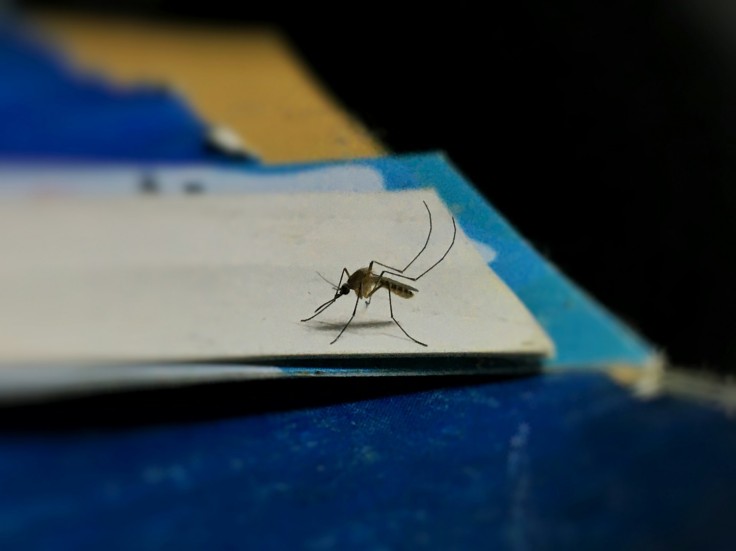
The CDC released a health advisory due to an important raised in dengue fever cases in the United States this year, summing 2,241 cases, including 1,498 in Puerto Rico.
Dengue Cases Surge Due to Warmer Temperatures, Facilitates Mosquito Breeding
Global dengue cases have also surged, exceeding 9.7 million, compelled by warmer climates that help mosquito development. Manifestations of dengue include fever, headaches, nausea, and rash, with serious cases assuming life-threatening dangers.
The CDC encourages healthcare providers to be attentive, especially for patients with travel history to high-risk areas, improving diagnostic testing and advocating precautionary measures like insect repellent and protective clothing.
The US Centers for Disease Control and Prevention (CDC) released a cautionary to doctors on Tuesday to observe for dengue cases, as a global rise in contaminations raises the risk in the US.
The mosquito-borne infection is rising globally due to climate change, which builds favorable situations for the Aedes mosquitoes that increase dengue.
Dengue has been approximately unique in the continental US, with most cases including travelers returning from regions where the illness is prevalent.
This year, a higher-than-anticipated number of dengue cases have been recorded among US travelers, with 745 cases reported by June 24, according to the CDC.
In 2023, there were 1,829 travel-linked dengue cases in the US, the topmost number since the illness became reportable in 2010. Globally, 23 countries recorded surges last year, with over 5 million cases and 4,000 passings in the Americas solely.
There have been occasional local surges in US states with warm climates, such as Florida, Texas, Hawaii, and Arizona. California recorded its first local transferred case in Pasadena last year.
Read Also: Two-Thirds of Chicago Children Under Aged 6 Exposed to Hazardous Lead Level in Water, Study Says
CDC Issues Health Advisory on Dengue Fever
The CDC's current caution notice that worldwide dengue illnesses in 2024 have reached record highs, with over 9.7 million cases in the Americas, double the number in 2023.
Puerto Rico has announced a public health danger due to the high number of cases. Other US-affiliated areas with regular dengue transmission include American Samoa, the US Virgin Islands, the Federated States of Micronesia, the Republic of Marshall Islands, and the Republic of Palau.
The CDC suggested doctors test patients with dengue-like manifestations, especially those who have journeyed to regions where the disease is prevailing.
Manifestations commonly begin about a week after a mosquito bite and can include fever, nausea, muscle aches, joint and bone pain, pain behind the eyes, headache, nausea, low white blood cell counts, and rash.
Most people recuperate in about a week, but serious cases can result in severe difficulty and death.
Cautionary symptoms of serious dengue include constant nausea, fluid accumulation, bleeding, liver enlargement, tiredness, and abdominal pain.
Intense dengue can cause extreme bleeding, respiratory distress, organ failure, and demise, with a mortality rate of up to 13% in not treated patients. Infants, pregnant people, the elderly, and those with certain hidden situations are at higher risk.
There are no particular medications for dengue other than supportive care. No dengue vaccine is recently suggested for travelers or adults, although the vaccine Dengvaxia is still available for children aged 9 to 16 in Puerto Rico.
In April, the CDC initiated an emergency response to address the increasing dengue caseload in the US, broadening lab capacity and working with local leaders to enhance disease surveillance.
To avoid dengue, use insect repellent, wear long-sleeved shirts and pants, and ensure windows and doors are screened or use air conditioning.
Related Article: Dengue Emergency Hits Rio de Janeiro Ahead of Carnival: Special Measures Launched Amid Rising Cases